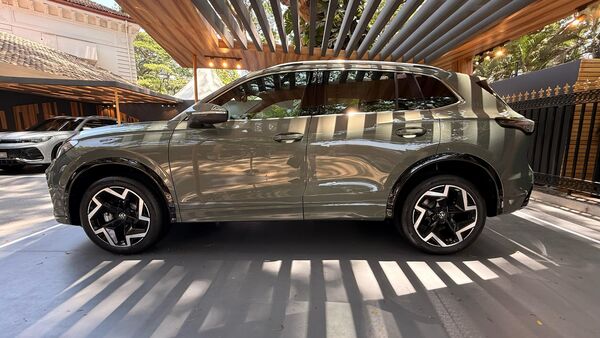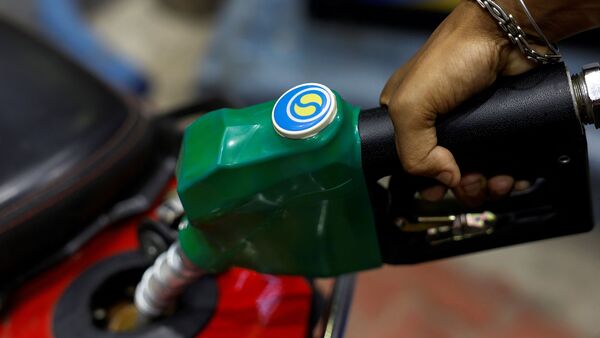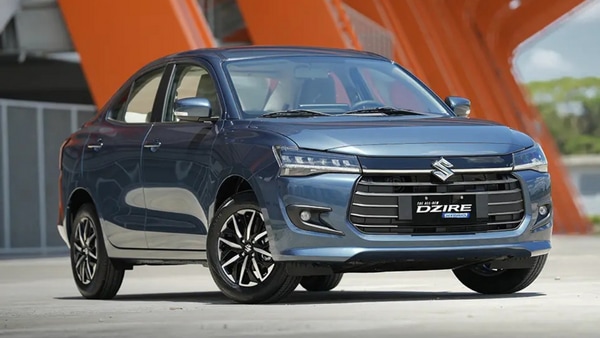
Stolen cars sold via Facebook? Here's how to steer away from a raw deal
5 months ago | 5 Views
Purchasing pre-owned vehicles through social-media channels is not outwardly in today's day and age. And with younger-set of potential car buyers increasingly spending time online, digital spaces have become a busy marketplace for quick and convenient purchases. It is just that not every car sold through the likes of Facebook, Instagram and X may be all what it appears.
The Department of Motor Vehicles (DMV) in New York recently issued a warning which points to the risks of purchasing pre-owned vehicles from Facebook in particular but its guidelines offer a comprehensive guide on how to not get conned. Pointing to a steadily rising number of instances when a netizen has ended up purchasing a stolen vehicle, the guideline urges people at large to do a thorough background check of both the vehicle and the person selling it.
The guidelines issued by New York DMV aren't exactly for locals and is applicable for people anywhere in the world. So what can you learn from it?
Inspect the vehicle in person
It is absolutely mandatory to inspect a pre-owned vehicle in person. Better still, take a mechanic for the inspection process. The fees you pay to this mechanic would be well worth the effort of letting him or her assess the vehicle's condition because not every claim made may be the gospel truth. And if deciding on a pre-owned vehicle by just looking at its images on Facebook, this is absolutely essential.
Check the registration and chassis number

You got a steal deal on a pre-owned car but what if it was a stolen vehicle in the first place? No offer is sweet enough to make jailtime worth it. As such, do a quick check on the selected vehicle's registration and chassis number. While this can be done online, visit the nearest DMV - RTO in India - and formally apply for a history check. If the said vehicle was reported stolen, the records will immediately red flag it. Also ensure that even if all seems in place, the registration number of the vehicle is the same as the one that is mentioned in the sale documents.
Avoid cash payments
It is also advisable to not make any payment in hard cash. If and when possible, insist on a cheque payment which can give you a time window to prevent a potentially fraudulent seller from getting his money. And if such a seller insists on not accepting a cheque, that in itself could be another red flag even though not a concrete proof of suspicious activity.
It is mostly advised to purchase pre-owned vehicles from a reliable source or better still, from pre-owned businesses of car manufacturers. In India, the pre-owned car business is still largely unorganised even though several digital-based companies like Spinny and Cars24 have simplified the process of both selling and buying vehicles.
Read Also: Royal Enfield Motoverse 2024 details out: Here’s all the action you can expect
HOW DID YOU LIKE THIS ARTICLE? CHOOSE YOUR EMOTICON !
#




















